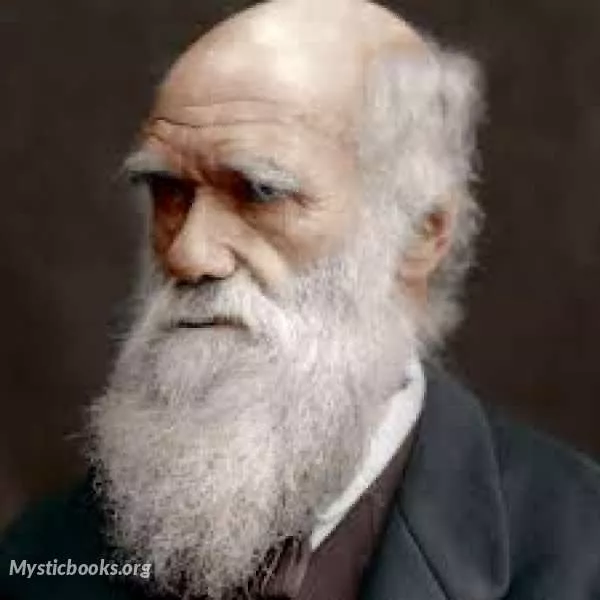
Timeline
Title
Country/Nationality
Charles Darwin
Charles Robert Darwin was an English naturalist, geologist and biologist, best known for his contributions to the science of evolution. His proposition that all species of life have descended over time from common ancestors is now widely accepted, and considered a foundational concept in science. In a joint publication with Alfred Russel Wallace, he introduced his scientific theory that this branching pattern of evolution resulted from a process that he called natural selection, in which the struggle for existence has a similar effect to the artificial selection involved in selective breeding. Darwin has been described as one of the most influential figures in human history, and he was honoured by burial in Westminster Abbey.
Darwin published his theory of evolution with compelling evidence in his 1859 book On the Origin of Species. By the 1870s, the scientific community and a majority of the educated public had accepted evolution as a fact. However, many favored competing explanations which gave only a minor role to natural selection, and it was not until the emergence of the modern evolutionary synthesis from the 1930s to the 1950s that a broad consensus developed in which natural selection was the basic mechanism of evolution. Darwin's scientific discovery is the unifying theory of the life sciences, explaining the diversity of life.
Charles Robert Darwin was born in Shrewsbury, Shropshire, on 12 February 1809, at his family's home, The Mount. He was the fifth of six children of wealthy society doctor and financier Robert Darwin and Susannah Darwin (née Wedgwood). His grandfathers Erasmus Darwin and Josiah Wedgwood were both prominent abolitionists. Erasmus Darwin had praised general concepts of evolution and common descent in his Zoonomia (1794), a poetic fantasy of gradual creation including undeveloped ideas anticipating concepts his grandson expanded.
He died at Down House on 19 April 1882. His last words were to his family, telling Emma "I am not the least afraid of death—Remember what a good wife you have been to me—Tell all my children to remember how good they have been to me", then while she rested, he repeatedly told Henrietta and Francis "It's almost worthwhile to be sick to be nursed by you".[ He had expected to be buried in St Mary's churchyard at Downe, but at the request of Darwin's colleagues, after public and parliamentary petitioning, William Spottiswoode (President of the Royal Society) arranged for Darwin to be honoured by burial in Westminster Abbey, close to John Herschel and Isaac Newton. The funeral was held on Wednesday 26 April and was attended by thousands of people, including family, friends, scientists, philosophers and dignitaries.
Books by Charles Darwin
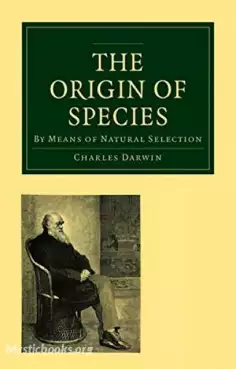
On the Origin of Species by Means of Natural Selection
Considered to be one of the books that changed the world and how we view ourselves, On The Origin of Species by Charles Darwin was met with incredulous horror when it was first published in 1859. The revolutionary, almost blasphemous ideas it describ...

The Voyage of the Beagle
The Voyage of the Beagle is the title most commonly given to the book written by Charles Darwin and published in 1839 as his Journal and Remarks, bringing him considerable fame and respect. This was the third volume of The Narrative of the Voyages of...
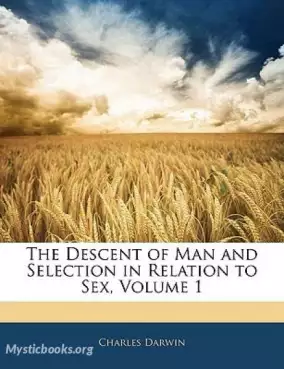
The Descent of Man and Selection in Relation to Sex, Part 1
The Descent of Man, and Selection in Relation to Sex is a book by English naturalist Charles Darwin, first published in 1871, which applies evolutionary theory to human evolution, and details his theory of sexual selection, a form of biological adapt...
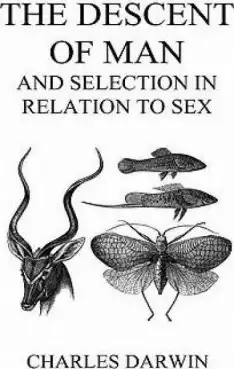
The Descent of Man and Selection in Relation to Sex, Part 2
The Descent of Man, and Selection in Relation to Sex is a book by English naturalist Charles Darwin, first published in 1871, which applies evolutionary theory to human evolution, and details his theory of sexual selection, a form of biological adapt...
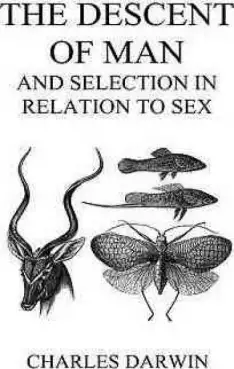
The Descent of Man and Selection in Relation to Sex, Part 3
The Descent of Man, and Selection in Relation to Sex is a book by English naturalist Charles Darwin, first published in 1871, which applies evolutionary theory to human evolution, and details his theory of sexual selection, a form of biological adapt...
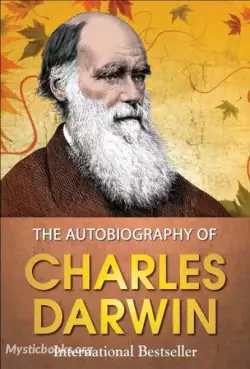
The Autobiography of Charles Darwin
The Autobiography of Charles Darwin is an autobiography by the English naturalist Charles Darwin. Darwin wrote the text, which he entitled Recollections of the Development of my Mind and Character, for his family. He states that he started writi...
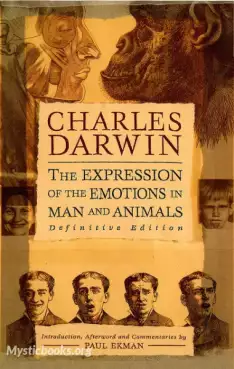
The Expression of the Emotions in Man and Animals
Before Darwin, human emotional life had posed problems to the western philosophical categories of mind and body. Darwin's interest can be traced to his time as an Edinburgh medical student and the 1824 edition of Sir Charles Bell's Anatomy and Philos...
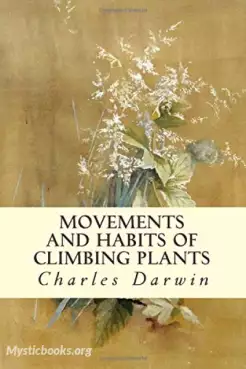
The Movement and Habits of Climbing Plants
It is based on his extensive observations and experiments on the climbing mechanisms of plants. "The Movement and Habits of Climbing Plants" is a book written by Charles Darwin, an English naturalist, geologist and biologist, who is best known for hi...
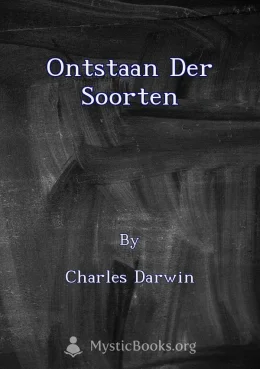
Ontstaan der Soorten
Het ontstaan der soorten (Engels: The Origin of Species) is een baanbrekend wetenschappelijk werk dat de evolutietheorie van Charles Darwin uiteenzet. Darwin beargumenteert dat alle levende organismen afstammen van een gemeenschappelijke voorouder en...
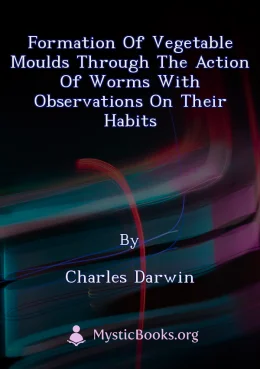
Formation of Vegetable Moulds through the Action of Worms with Observations on their Habits
In 'The Formation of Vegetable Moulds through the Action of Worms with Observations on their Habits,' Charles Darwin delves into the often-overlooked world of earthworms. Through meticulous observations and experiments, he reveals the profound impact...